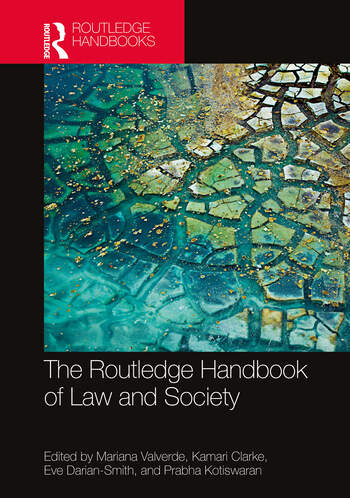Featured in The Routledge Handbook of Law and Society (Routledge)
Imperialism is, at its heart, an exploitative relationship in which the interests of a dominant state or states are furthered at the expense of a subordinated state or states. The key pillars of a global socio-legal approach are: first, a normative orientation towards the counter-hegemonic; second, an interrogation of the gap between law on the books and law in action; and third, a move away from narrowly state-centric law. As Anthony Anghie and other critics of legal and cultural imperialism have shown, it was in part by accusing Indigenous people of not having properly occupied land and turned it into property that non-European societies were expelled from the realm of international law. This chapter analyzes the Western legal thinking that legitimized conquest as legal, and decreed that lands inhabited by people regarded as inferior and backward were terra nullius even if they were clearly inhabited.

